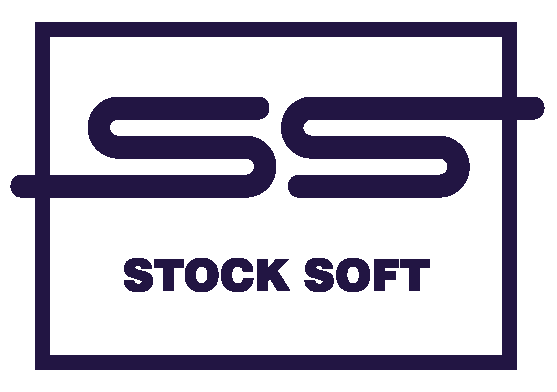European companies spending large sums on generative artificial intelligence must start demonstrating profitability from their massive expenditures by next year, or investors risk losing patience after paying sky-high prices to join the market boom.
In recent weeks, AI-exposed stocks have gotten trapped alongside broader stock markets, as recession fears rise, adding pressure to the sector since January, when the launch of a cheap Chinese AI model, DeepSeek, triggered a tech sell-off.
While many investors remain optimistic about the potential of Gen-AI to boost productivity and profits, some are becoming more selective, and there is a preference for stocks of companies implementing AI technology—such as information group RELX and software developer SAP—over those supplying chips and other equipment to the industry.
But they also say that users must start showing returns on the money they’ve invested in the technology, or investors could also cool toward them.
THE PENDULUM SHIFTS TOWARD THE BENEFICIARIES
Chipmaker Nvidia (NVDA.O) has become almost synonymous with the AI boom. Despite its stocks taking a hit from the rollout of the DeepSeek AI model, which requires less expensive chips from the company, its shares have risen 29% year-on-year.
In Europe, the range of AI-linked stocks is smaller than on Wall Street, but the trend is clear.
Among chip equipment makers, ASM International (ASMI.AS) and BE Semiconductor (BESI.AS) have fallen by 25% and 20%, respectively, since the sell-off caused by DeepSeek on January 24, and against the backdrop of recession fears in the U.S. French company Schneider Electric (SCHN.PA), which supplies equipment for data centers, has dropped 14%.
Meanwhile, among AI enthusiasts, data group LSEG (LSEG.L) has decreased by 5.5%, while RELX (REL.L) is down only 1.6%. German business software developer SAP (SAPG.DE) is down 2.9% and on Monday overtook Novo Nordisk to become Europe’s most valuable company.
"Everyone was very narrowly invested in AI," said Jerry Fowler, head of European equity strategy at UBS. "With DeepSeek, since it cheapens AI so much, it means that markets are now looking at who the direct beneficiaries of AI are."
PATIENTCE HAS ITS LIMITS
An internal survey published in January among more than 100 Fidelity analysts showed that nearly 72% expect AI to have no impact on the profitability of the companies they cover in 2025.
Far more Fidelity analysts saw a positive impact over five years. However, several European portfolio managers told Reuters that their timeframes are shorter.
"The market will lose patience with unlimited AI investments if it doesn’t start seeing some return on investment," said Steve Wreford, lead portfolio manager at Lazard Asset Management’s global thematic equity team.
Wreford said that companies implementing AI will likely be given a pass if they don’t deliver much in 2025, when they are likely to begin beta-testing and trials, but by 2026, investors should start seeing significant impacts on their financials.
The valuation of AI-exposed stocks is relatively high. The STOXX 600 index (.STOXX) trades at a price-to-earnings ratio of 17 times, while AI supporters like SAP and LSEG trade at around 90 times, according to LSEG data.
Bernie Akong, Chief Investment Officer at UBS O’Connor hedge fund, said investors will begin questioning the multiples of certain companies if they don’t fulfill their promises by the end of 2025.
“Over the course of the year, management teams can always use excuses, don’t worry, it's next quarter... on a multi-year theme. By the time it gets to Q4 and it still hasn’t happened... People won’t be patient anymore,” he said.

